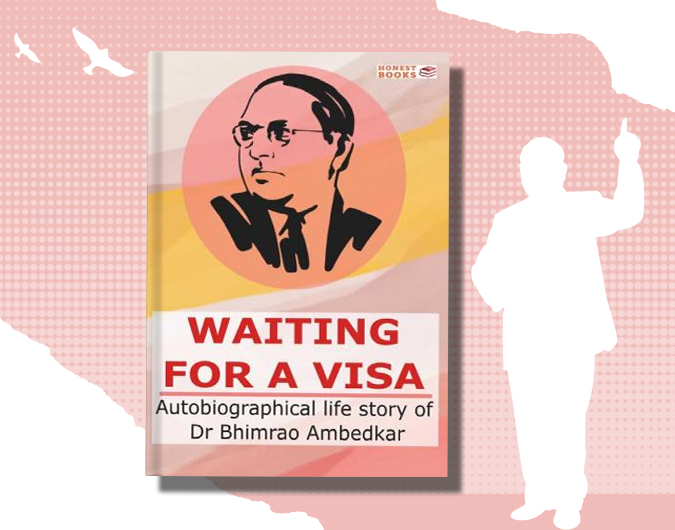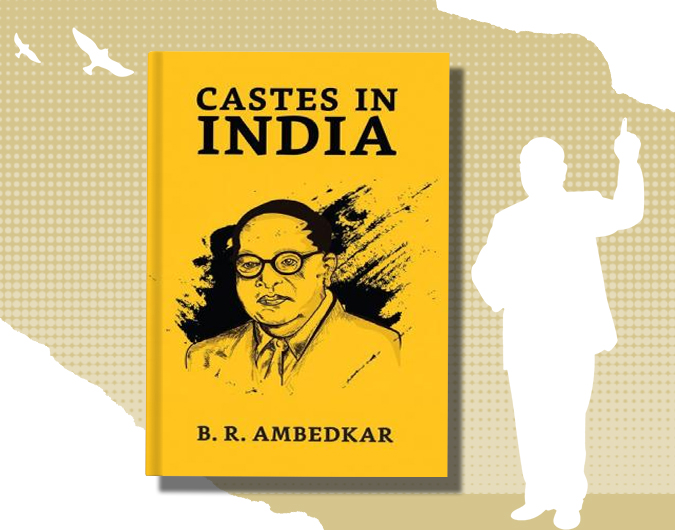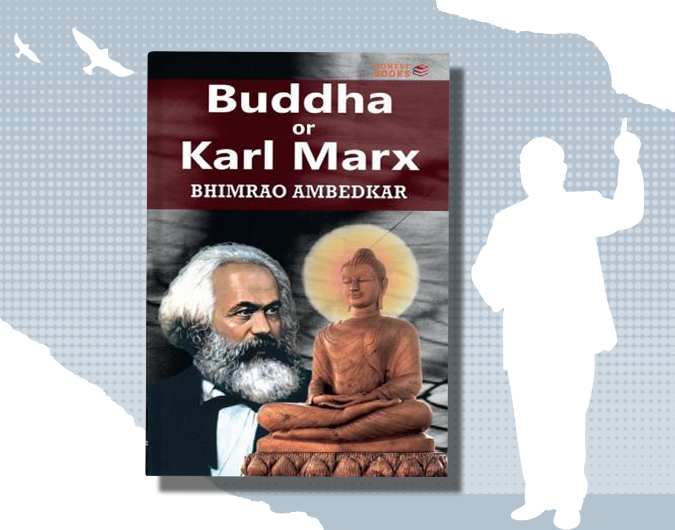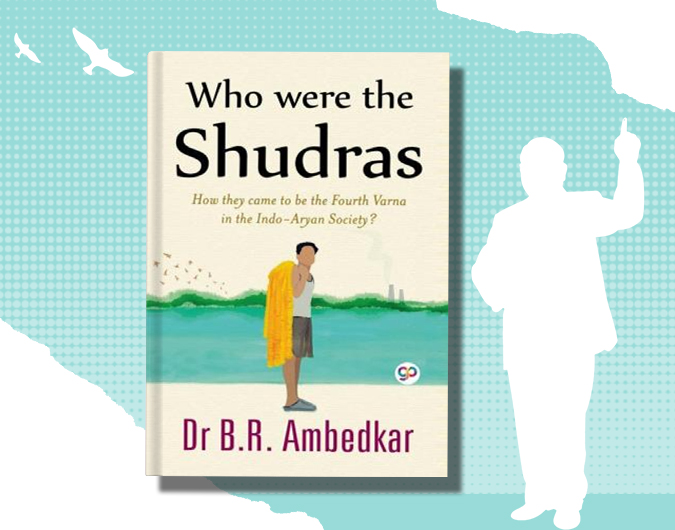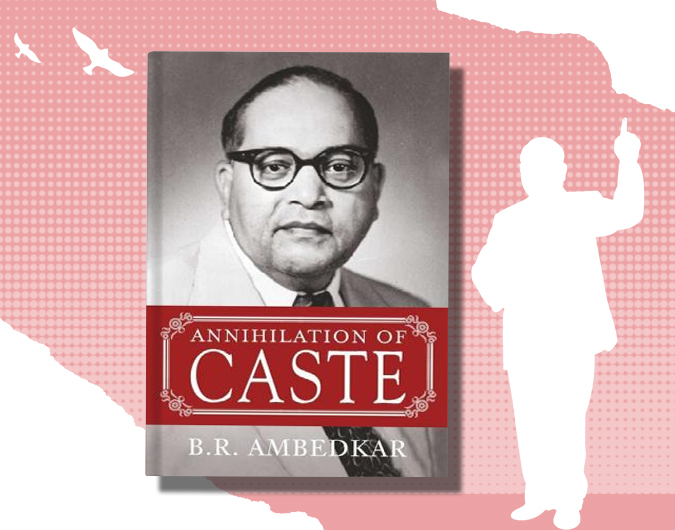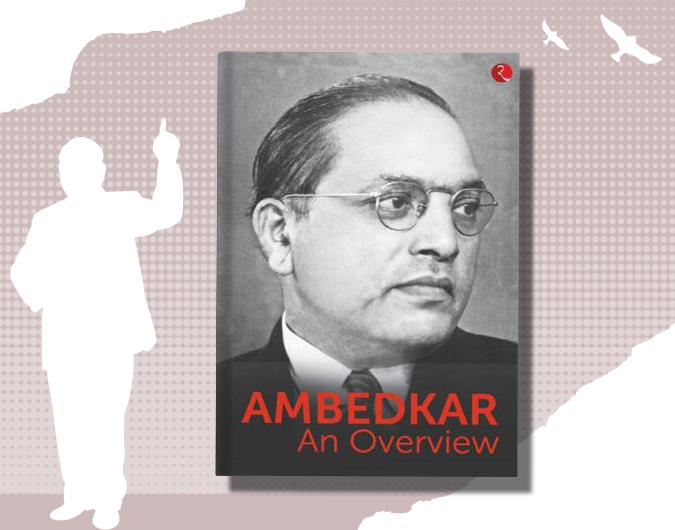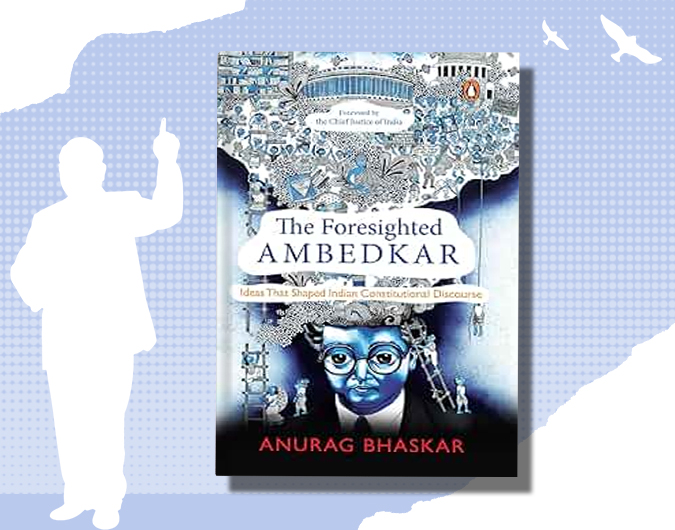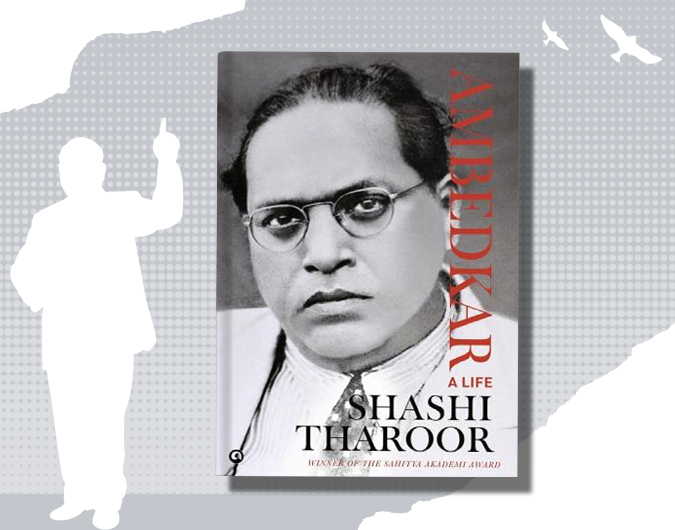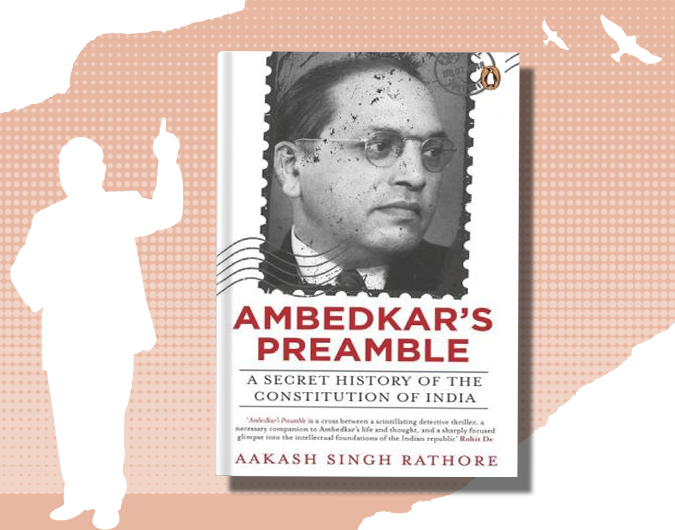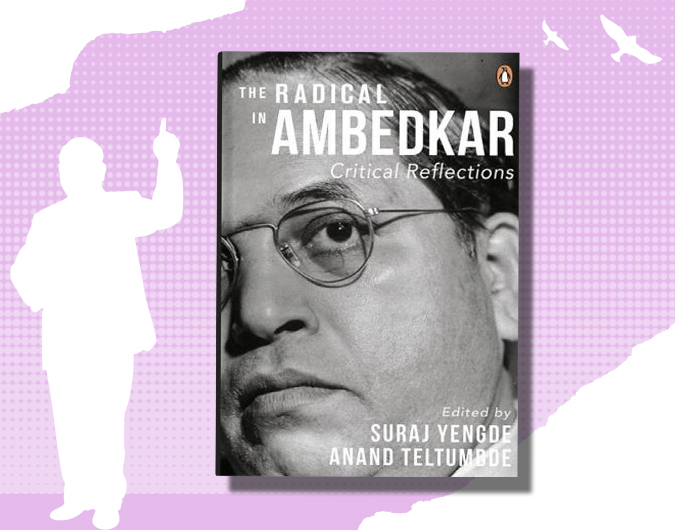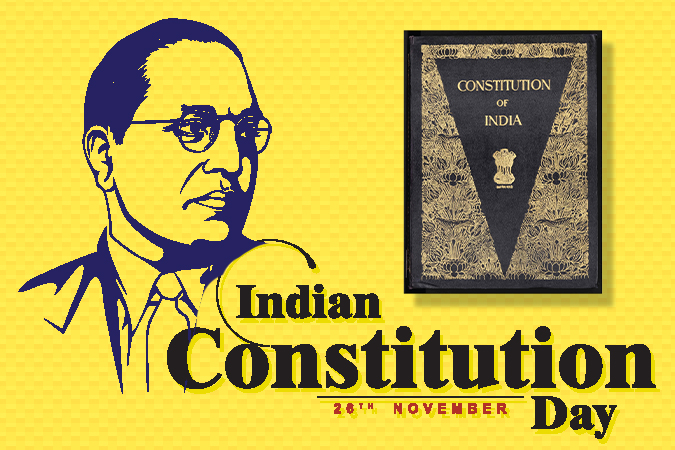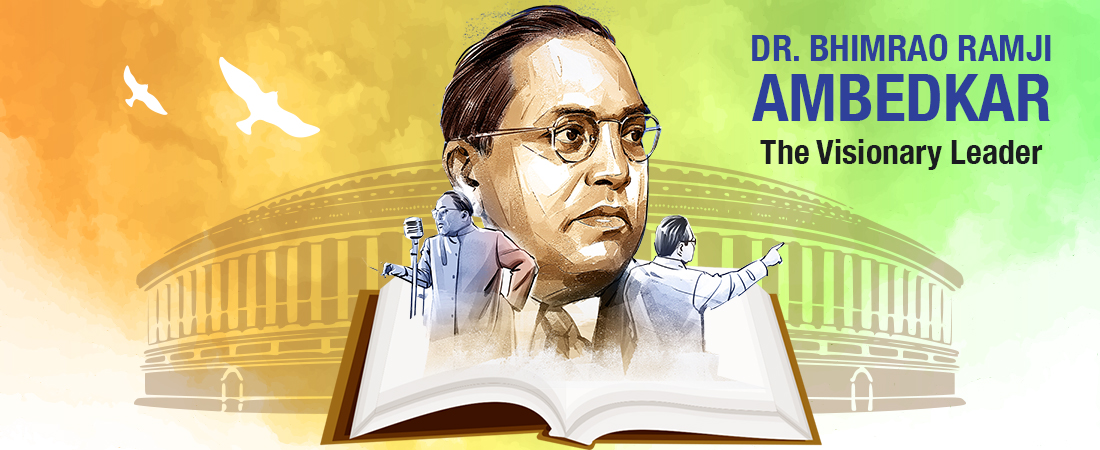
Best BR Ambedkar books to discover the philosophy, contributions, and influence of icon
When you think of transformative leaders in Indian history, BR Ambedkar’s name stands out prominently. Known as the chief architect of the Indian Constitution, Ambedkar’s ideologies and books continue to inspire generations. Let’s explore BR Ambedkar books and the ones written about him, offering insights into his philosophies and the revolutionary changes he envisioned. For students of history and anyone eager to understand India’s socio-political landscape, these books are a good place to start.
First, let’s look at Ambedkar’s biography, his major contributions, and how his books can provide a deeper understanding of his thoughts and philosophies.
Who Is B.R. Ambedkar?
Bhimrao Ramji Ambedkar, popularly known as B.R. Ambedkar, was born on April 14, 1891, in Mhow, Madhya Pradesh. A social reformer, economist, and jurist, he championed the rights of the oppressed and led the committee that drafted the Indian Constitution. He passed away on December 6, 1956, but his legacy endures through his writings and the ongoing annual observance of Ambedkar Jayanti on his birth anniversary.
Key Facts:
- Full Name: Bhimrao Ramji Ambedkar
- Birthday: April 14th, 1891
- Death: December 6th, 1956
- Education:
- University of Mumbai (BA, MA)
- Columbia University (MA, PhD)
- London School of Economics (MSc, DSc)
- Major Contributions:
- Drafting the Indian Constitution: As chairman of the drafting committee, he ensured equality and fundamental rights for all citizens.
- Annihilation of Caste: Ambedkar’s critique of caste system remains pivotal in India’s fight against social injustice.
- Promotion of Buddhism: He embraced Buddhism as a path to equality and enlightenment.
Books by B.R. Ambedkar
Ambedkar’s life was a testament to resilience and intellectual brilliance. He fought against caste-based discrimination and tirelessly worked for equality. His philosophy, rooted in justice, liberty, and fraternity, remains a cornerstone of modern India. Here are BR Ambedkar books that will give you an insight into the mind of one of the transformative intellectuals and leaders of India.
This autobiographical work written between 1935–36 recounts the discrimination Ambedkar faced and highlights systemic caste injustices. Published posthumously, it is both a personal narrative and a critical examination of caste dynamics in India. Through vivid anecdotes, Ambedkar writes about his experiences with untouchability, right from his childhood and also presents other people’s experiences that he has collected first-hand.
In this seminal essay, Ambedkar investigates the origins and perpetuation of the caste system in India. It was originally a paper presented by B. R. Ambedkar at an anthropological seminar in New York in1916. He critically examines the social and historical context that gave rise to caste hierarchies. This work is a foundational text for understanding India’s caste dynamics and offers solutions for dismantling the system.
This thought-provoking essay contrasts Buddhist principles with Marxist ideologies, analysing their approaches to achieving equality. Ambedkar highlights the ethical and spiritual dimensions of Buddhism as a non-violent alternative to Marxism’s materialism. The content of this book was a speech delivered by Ambedkar at the Fourth Conference of the World Fellowship of Buddhists held in Kathmandu, Nepal, in 1956.
Ambedkar delves into the historical roots of the Shudra caste, addressing their subjugation and marginalisation. By exploring ancient texts like the Vedas and Mahabharata, he challenges traditional narratives and provides a nuanced perspective on caste hierarchies. He theorizes that the Shudras were once ruling members of the Kshatriya class. This book is an essential resource for anyone studying social justice in India.
Written as a speech to be delivered at an anti-caste convention in Lahore by Hindu reformers in 1936, it was deemed too controversial by the organizers. Later self-published by Ambedkar, it became a manifesto for abolishing the caste system and advocating social emancipation. One of Ambedkar’s most impactful works, this book is a scathing critique of the caste system and a call to action for social reform.
Books About B.R. Ambedkar
To understand Ambedkar’s multifaceted life, these books offer invaluable perspectives:
This book offers an in-depth look into Ambedkar’s life and legacy, meticulously documenting his journey from childhood struggles to becoming a revered leader. It examines his relentless fight against social injustices, his pioneering role in drafting the Indian Constitution, and his advocacy for marginalized communities. With engaging storytelling and detailed research, it provides a holistic view of Ambedkar’s impact, making it an essential read for students and history enthusiasts alike.
This biography delves into Ambedkar’s extraordinary vision and the ways he shaped India’s future. It explores his insightful contributions to governance, education, and economic policies, highlighting his role as a modern thinker. By analysing his ideas on equality and social reform, the book offers a unique perspective on Ambedkar’s far-reaching influence, making it a compelling read for policymakers, educators, and leaders.
This detailed biography chronicles Ambedkar’s transformation from an oppressed child to a celebrated national icon. It paints a vivid picture of his determination to overcome caste-based barriers and pursue excellence in education. The book chronicles his personal struggles, professional achievements, and his lasting legacy as a social reformer and drafter of the Indian Constitution, offering an inspiring narrative for all readers.
This book provides a detailed examination of the principles enshrined in the Preamble to India’s Constitution, which Ambedkar helped draft. It explains the significance of equality, liberty, and fraternity in shaping a democratic nation, offering readers a deeper understanding of Ambedkar’s constitutional philosophy. Rich in historical context, it sheds light on his unwavering commitment to social justice and human rights.
By Suraj Yengde, Anand Teltumbde
This book captures the revolutionary aspects of Ambedkar’s thought, focusing on his bold strategies to tackle systemic inequalities. It explores his critiques of traditional hierarchies, his advocacy for marginalized groups, and his vision for an inclusive society. Through well-researched analysis, the book inspires readers to rethink modern social justice movements and appreciate Ambedkar’s enduring relevance in contemporary discourse.
These BR Ambedkar books are more than just simple works; they are blueprints for a just and equitable society. By reading his writings and those about him, we can gain a deeper appreciation of his vision and values.

